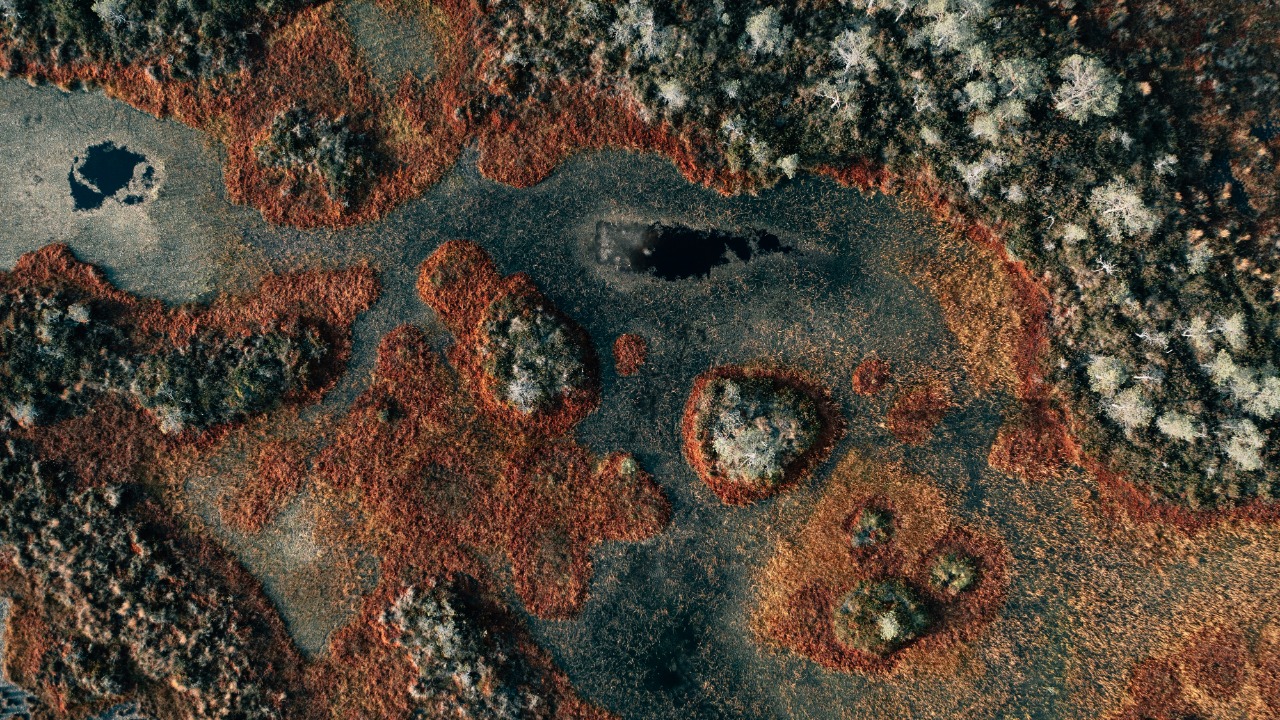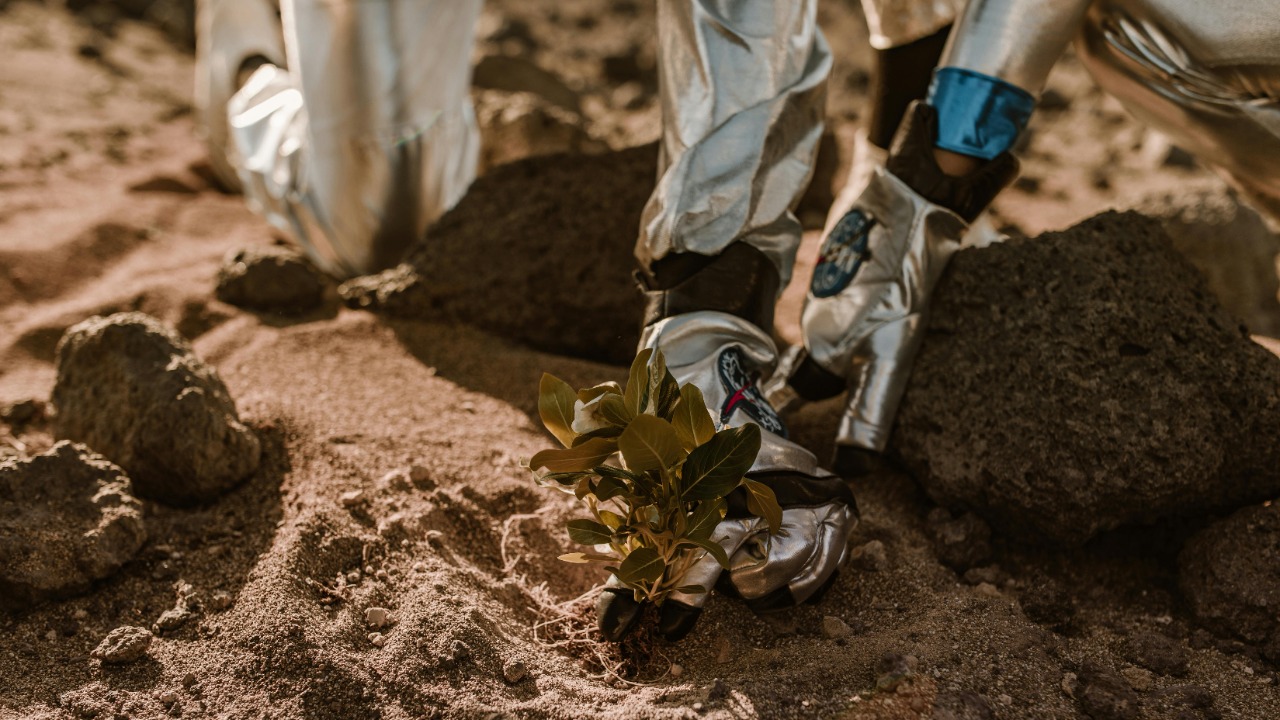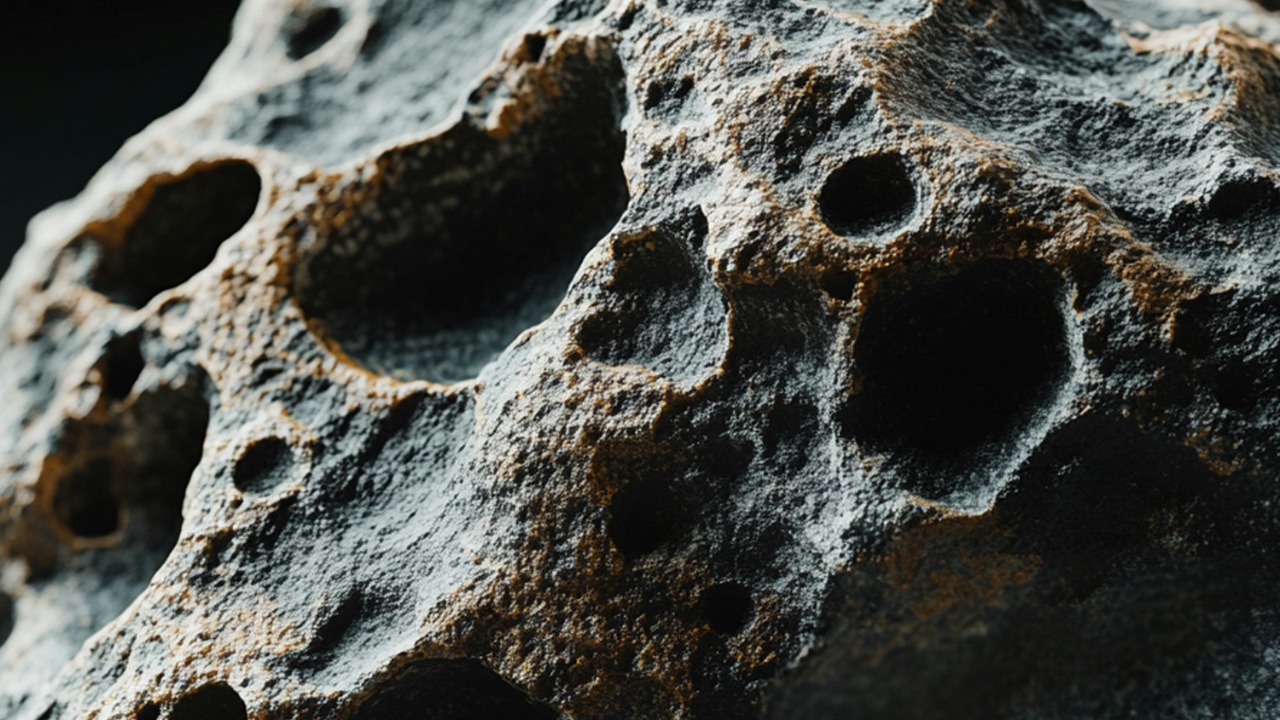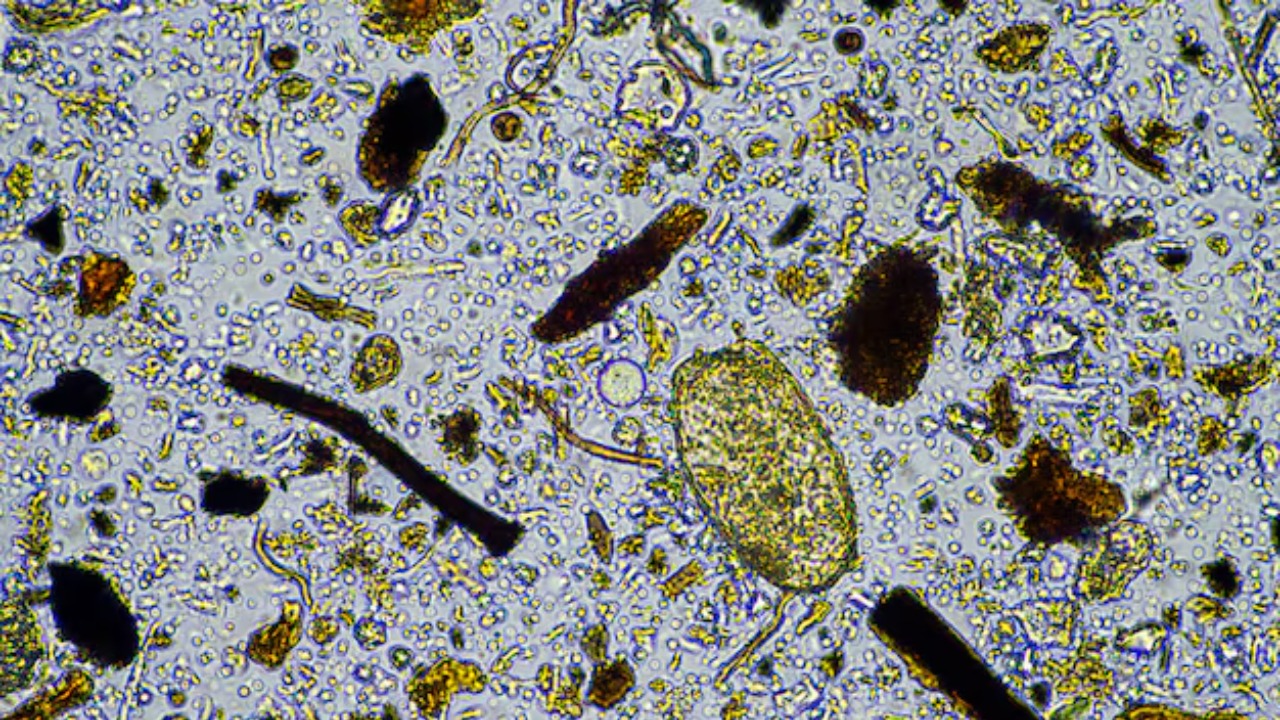Recent discoveries have sparked significant interest in the scientific community, with the revelation of fossilized bacteria on meteorites. This finding challenges our understanding of life’s origins and its potential existence beyond Earth, prompting further investigation into the implications of these ancient microorganisms.
The Discovery and Its Significance

The meteorites at the center of this groundbreaking discovery include the well-known Orgueil and the equally intriguing Allan Hills 84001. These celestial bodies have provided researchers with a glimpse into the ancient past.
The Orgueil meteorite, which fell in France in 1864, and the Allan Hills meteorite, discovered in Antarctica in 1984, both possess unique characteristics that have made them subjects of intense study. The initial reactions to the discovery of fossilized bacteria on these meteorites were a mix of excitement and skepticism. The possibility that life, or at least its building blocks, could originate from beyond Earth has captivated the scientific community and the public alike. However, the scientific process demands rigorous scrutiny, and these findings have undergone extensive review to ensure their validity.
Scientific Methods and Techniques

The examination of fossilized bacteria on meteorites involves advanced techniques such as microscopy and spectroscopy. These methodologies allow scientists to study the minute structures and compositions of the samples in great detail. A significant challenge in this research is distinguishing between terrestrial contamination and genuine extraterrestrial fossils, a task that requires meticulous analysis and verification.
The validation of these findings through a thorough peer-review process is crucial. Reproducibility is a cornerstone of scientific research, and these studies have been scrutinized to ensure their results can be independently verified. This rigorous process helps to establish the credibility of the findings and their significance within the scientific community.
Implications for Astrobiology

The discovery of fossilized bacteria on meteorites has profound implications for astrobiology. It opens up new possibilities for the existence of life beyond Earth and supports theories such as panspermia, which suggests that life could have been seeded on Earth from outer space. These findings challenge existing notions and encourage scientists to explore the potential for life elsewhere in the universe.
Future research initiatives are already being inspired by these discoveries, with space missions and experiments designed to search for life in other parts of the solar system. The search for extraterrestrial life is becoming more focused, with missions targeting Mars, Europa, and other celestial bodies where conditions may be favorable for life.
Challenges and Controversies

Within the scientific community, debates continue regarding the interpretation of fossilized bacteria findings on meteorites. Some researchers are cautious, pointing out the challenges in confirming extraterrestrial life without doubt. The possibility of contamination and the difficulty in proving the origins of these microorganisms add layers of complexity to the discussion.
Ethical and philosophical considerations also arise from the potential discovery of life beyond Earth. Such findings could fundamentally alter our understanding of humanity’s place in the universe and raise questions about the implications for society and our future exploration of space.
The Road Ahead for Extraterrestrial Life Research

The search for extraterrestrial life is poised to benefit from technological advancements and upcoming missions. Innovations in areas such as microscopy and spectrometry, along with planned missions to Mars, Europa, and other intriguing celestial bodies, promise to enhance our ability to detect signs of life beyond Earth.
Interdisciplinary collaboration is essential for advancing the study of astrobiology. Partnerships between space agencies, universities, and private companies will play a crucial role in driving research forward. By bringing together expertise from various fields, the scientific community can continue to push the boundaries of knowledge and explore the mysteries of life in the universe. Despite the excitement surrounding these findings, conclusive evidence of extraterrestrial life remains elusive and controversial, leaving the door open for further exploration and discovery.